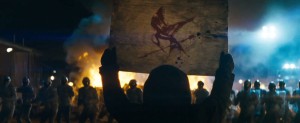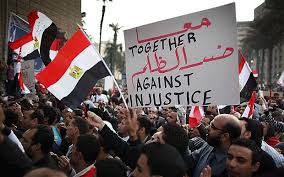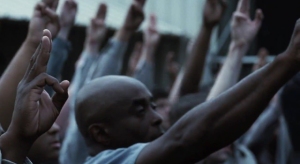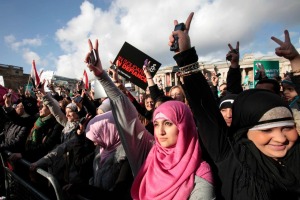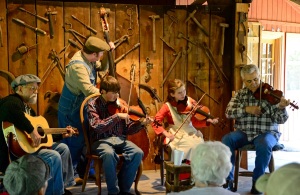Prompt: Write a reflection on the lecture by Dr. Shibley Telhami and the Arab Spring (uprisings, regime change, civil wars, intervention from the outside) and relate that to the Hunger Games.
It is often said that no writer works in a bubble–literature frequently displays some of the concerns and current events of the time period in which it is written. For the Hunger Games, which were written in the contemporary world, this means that Collins’ writing provides a window into the world environment in the past decade. The Arab Spring, which refers to the wave of revolutionary protests that have been occurring in the middle east since 2010. Many leaders and regimes have been displaced in this time, notably in Egypt, Tunisia, and Libya. This is paralleled closely by the Hunger Games, especially in Mockingjay, by the revolution that ultimately forces President Snow out of power, restructuring the government of the entire nation of Panem.
Much like in the Arab Spring, the first acts of defiance in the Hunger Games were nonviolent. Katniss and Peeta’s suicide threat with the nightlock berries is reminiscent of the self-immolation of Mohammed Bouazizi, a Tunisian man who protested the government’s destruction of his livelihood by the repossession of his vegetable cart. The collection of citizens in District 11’s main square during the Victory Tour in Catching Fire reminds us of the occupation of Tahrir Square in Egypt, wherein the citizens of Cairo collected to protest the government’s wrongs. The people of District 11 peacefully expressed their support for the Mockingjay, and yet the old man who initiated the gesture is beaten and shot by Peacekeepers. Similarly, many of the peaceful protestors fighting against injustice in the middle east have been brutalized by police and military forces.
Dr. Telhami’s lecture focused on many aspects of the recent uprisings in the middle east, including public opinion surrounding them (he himself works with public opinion polling on the topic). He mentioned that even dictators often must take into account the people’s approval of their policies. In such cases as they do not, these dictators do not remain in power for long. Although President Snow of the Hunger Games series is a successful leader in that he has been able to keep relative stability in Panem for many decades, his Machiavellian policies return to haunt him after all. In his frantic attempt at keeping absolute power, he tightens his grip on the districts further and further until he is ultimately unable to control the violent backlash of rebellion that follows.
